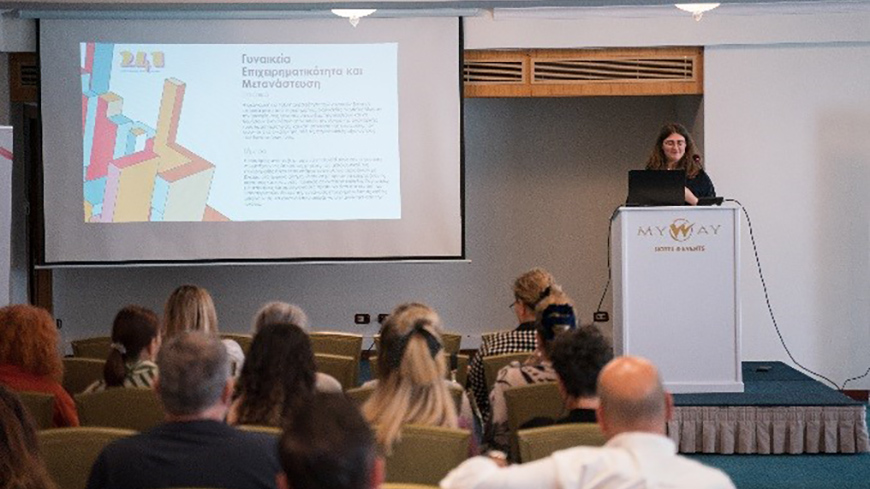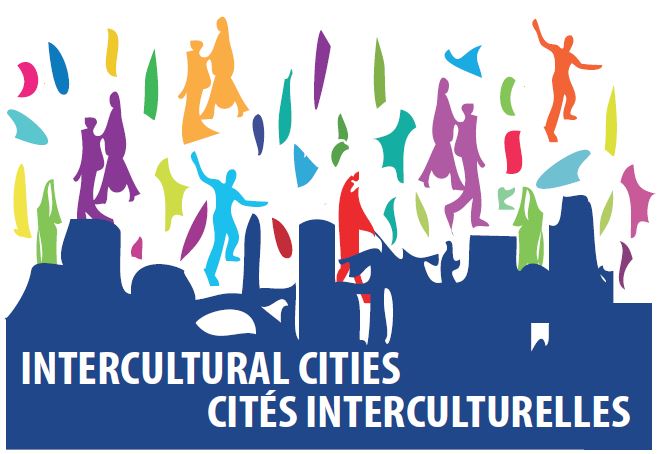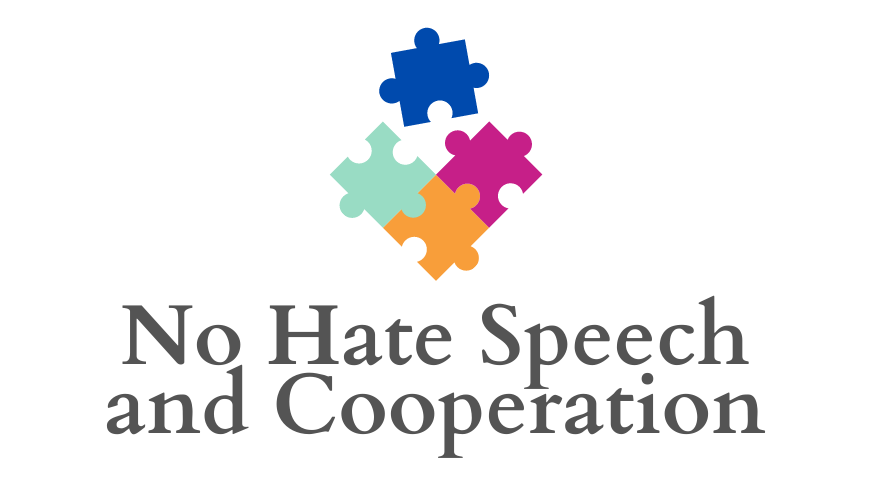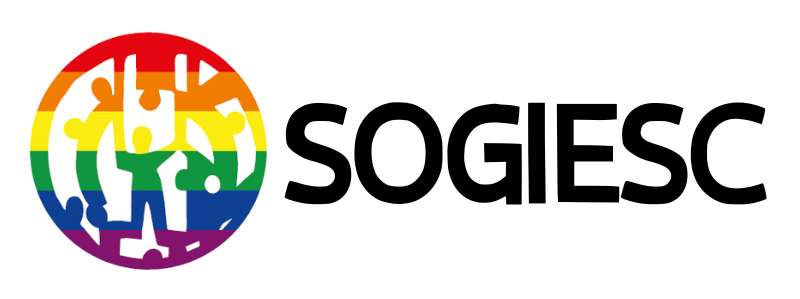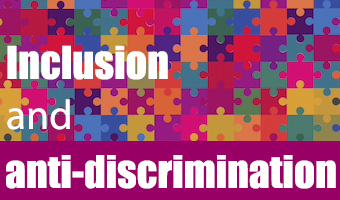Undoubtedly, the 241FE consultation event in Patras (Greece), entitled "Balancing Professional and Private Live as well as Entrepreneurship for Gender Equality” was a very successful initiative! It was organized onsite on 16th June 2022 by DAFNI KEK, the Greek partner of the “241FE: 241 Female Entrepreneurship”, EU project. The project targets refugee, asylum seeker and migrant women and aims at providing them with the capacity (material, tools, training and consulting) so that to develop their entrepreneurial skills, promote their creativity and empower themselves by using the 241FE business model and start/continue their own employment path.
The consultation event triggered the interest of policy makers, professionals, experts and practitioners, representatives of authorities, institutions, civil society (migrant communities included), consultants and mentors on equality, anti-discrimination and employment-entrepreneurship sectors.
More precisely, it was a distinctive part of the “Sustainable Employment and SME as a vehicle for equality, balance and wellbeing for all” conference, that was attended onsite by more than fifty (50) participants and addressed not only the multiple challenges but also the significant opportunities of the diversity advantage when doing business: with respect to balancing professional and private lives, applying equality to all people involved and avoiding discrimination of any type, targeting sustainability of business and wellbeing for all members of the society, treating migrant and refugees equally.
- The DAFNI KEK is the Greek partner of the 241FE project (ERASMUS+ EU Program) and implements it in Patras in cooperation with local stakeholders and migrant communities, within the framework of the effective intercultural management at city level. In parallel, DAFNI shares bonds with stakeholders in Athens, so that the piloting of the 241FE entrepreneurship model by migrant and refugee women, is applied in two cities.
- Stay tuned about the pilot phase of the 241FE model, where the sustainability of the entrepreneurship hub for migrant and refugee women to be created by DAFNI in Patras, will be tested (www.kekdafni.gr/en/).



